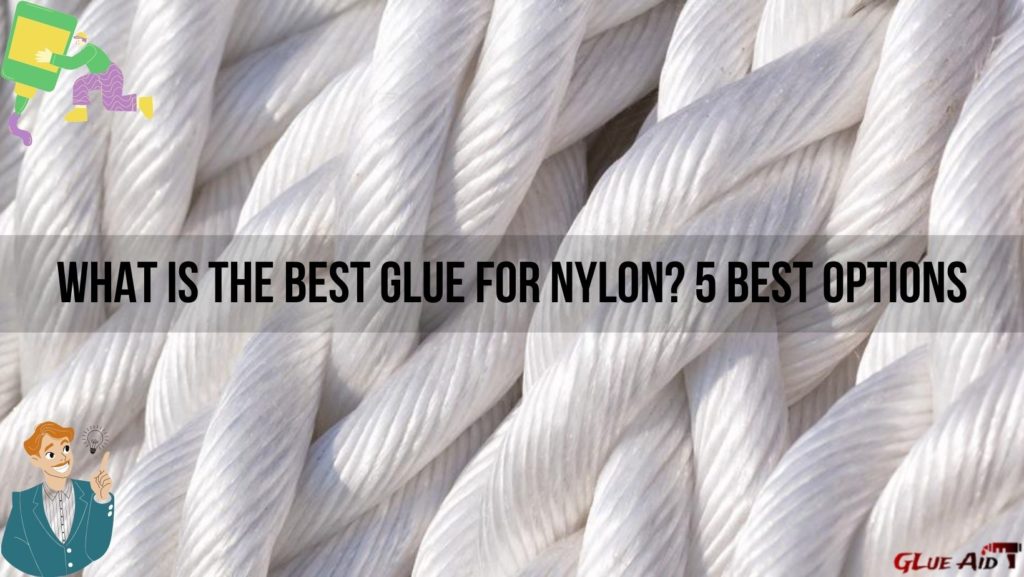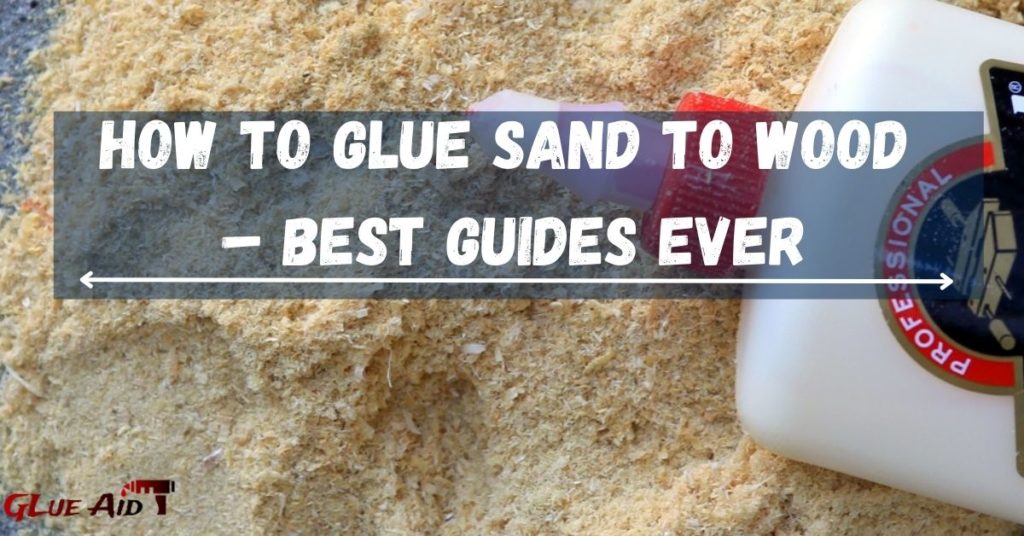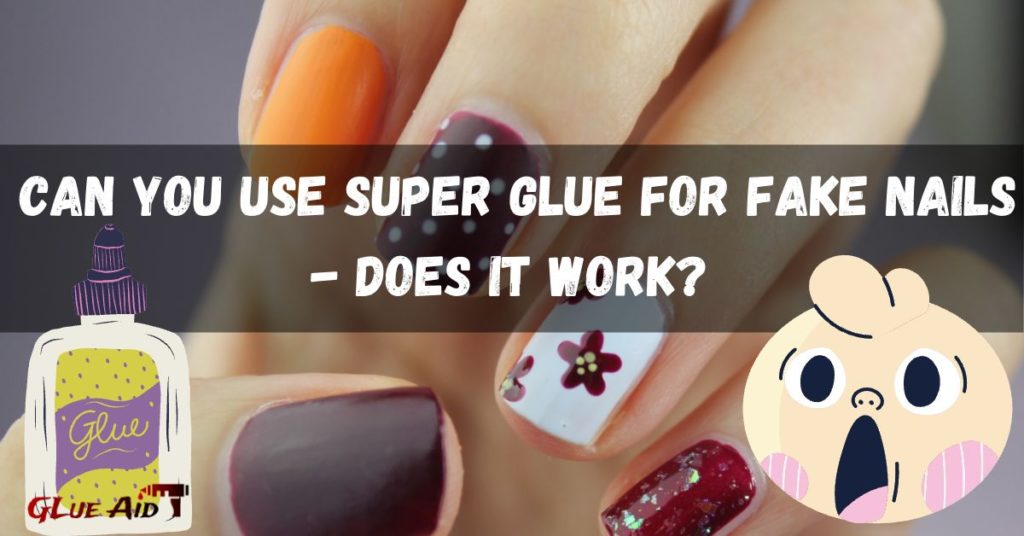Di you know that one of the first commercial uses of nylon was making toothbrush bristles? That was back when nylon wasn’t as famous as it is today. Today we all know nylon as the stretchy material indispensable in most industries.
Nylon can be tricky to bond even with its good qualities. Most standard glues cannot work on nylon. That begs the question, what’s the best glue for nylon? What adhesive will bond nylon together without struggling?
Read on to find out.
Table of Contents
What Glue Sticks to Nylon?
There are a variety of glues that can be used for bonding nylon, but the best option depends on the specific application. Some glues work well for porous surfaces, while others are better for non-porous surfaces. Additionally, some glues are more resistant to heat and humidity than others. It is important to select a glue that will provide a strong bond and that will be durable in the intended environment.
Standard glue struggles to adhere to nylon. What’s frustrating is that nylon is a popular material for most craft projects. You can’t avoid it. That means you need glue that will do the job on the nylon no matter what. What is the better glue to use? Here are the adhesives to consider for nylon.
1. Silicone Caulk

Silicone caulk is a heavy-duty industrial glue. It forms high-strength bonds with PVC pipes. What makes it a good option for nylon, though? Because it works on PVC pipes that resemble nylon in characteristic.
PVC pipes are usually sticky and sometimes, might be slippery and too porous. Those are features you’d find in nylon. So, if silicone caulk works for PVC pipes, it will also work for nylon. Only to a certain degree, though.
But then that brings the issue of how to use it on nylon. That’s pretty easy.
- Lay out the nylon material on a flat surface
- Add tiny dabs of silicone caulk all over the nylon
- Firmly press the nylon with silicone onto a surface you want to glue it on
- Leave the nylon for several hours for the silicone caulk to set
- After you’re sure it has dried, proceed with what you want to with the nylon
2. Hot Glue
Hot glue is a popular option when gluing stubborn or tricky materials. The heat elevates the glue’s adhesive properties, making it exceptionally strong when it sets. Hot glue works for different materials, of which nylon is one of them.
Nylon is a type of plastic and will thus melt on contact with hot glue. That will enable the adhesive to form a lasting bond with the nylon components. So, if you’re sticking together two nylon materials, hot glue will come in handy.
By melting one of the nylon materials, it will enable the formation of bonds between the two materials on cooling. It would be best if you used hot glue strictly at high temperatures. The best thing for you to do is use a hot glue gun.
A hot glue eases the stress of application, making it easier for you. The gun will also increase the effectiveness of your application since you can apply the glue in all the right places.
3. E 600 Craft Adhesive
E 600 craft adhesive boasts extraordinary strength, perfect for most plastics and even nylon. While it forms firm bonds, the bonds are flexible. The bonds it forms don’t crack or break easily.
It has a lightning-fast setting time, making it the perfect adhesive for nylon. Better still, it doesn’t harden up when it sets. So, if you’re using it with nylon fabric, it retains its stretchiness.
4. Loctite Plastic Bonder
Nylon is tricky to bond together. But Loctite plastic bonder comes close. It is handy to have Loctite on the side if working with nylon. Although it won’t give you the secure bond you need, it does its best.
That’s thanks to its advanced adhesive systems that work on most plastics. Nylon is closer to plastic in composition, which means plastic glue would work on it as well. Loctite is one of the best glues for plastics.
And because plastic is close to nylon composition, Loctite is an option to bond nylon.
5. Epoxy Glue
Epoxy glues are famous glues with versatile uses. If you are working with nylon, you can give epoxy glue a try. It performs admirably, although it wouldn’t be as efficient as you want.
But then what are you to do if you have no other option? Use the one you can find. So, if you urgently need glue to bond nylon and only epoxy glue is present, try it.
Can Gorilla Glue Work on Nylon?
For all its versatility, Gorilla glue would struggle to work on nylon. You can use it with other substrates, including some plastics, but it struggles to do anything on nylon.
Important Point to Note
- The glues we have mentioned here aren’t perfect for use with nylon. It would thus help to prepare the nylon well before using them. If not, you will still struggle to get the ideal bond you need with nylon.
- Proper nylon surface preparation makes it easier to use any glue. Even glues you wouldn’t fancy will work better with proper nylon surface preparation.
FAQs About What is the Best Glue for Nylon
How do you glue nylon?
Nylon is a synthetic polymer made from polyamide monomers. It can be glued using an adhesive that reacts with the nylon to form a covalent bond. The most common adhesive for this purpose is cyanoacrylate, which is also known as superglue.
Can you use a glue gun on nylon?
A glue gun can be used on nylon if the glue is specifically designed to work with that material. Nylon is a synthetic polymer made from repeating units of amino acids, and it has a wide variety of applications in both industrial and consumer products. It is often used in textiles, as well as in engineering and construction. Glue guns can be used to bond nylon fabrics together, or to attach nylon components to other materials.
What glue works on nylon straps?
There are a variety of glues that can be used on nylon straps, but not all of them will work effectively. Some glues may not form a strong bond with the nylon material and could come undone over time, while others may cause the straps to become stiff and difficult to move. A good glue to use on nylon straps is one that is designed for plastics, such as an epoxy or cyanoacrylate adhesive.
What type of bonding does nylon have?
Nylon is a type of polymer that is composed of repeating units of amide monomers. These monomers are connected by peptide bonds, which give the polymer its characteristic chain-like structure. Nylon’s strong and durable properties come from the covalent bonds between the amide monomers, as well as the intramolecular hydrogen bonding that occurs between the amide groups.
Is Gorilla Glue good for fabric?
There is no one definitive answer to this question as the suitability of Gorilla Glue for fabric use will depend on a variety of factors, such as the specific type of fabric and the intended purpose of the adhesive. That said, Gorilla Glue is generally known to be a very strong and durable adhesive, which could make it a good choice for applications where high levels of strength and durability are required.
What is the best permanent fabric glue?
The best permanent fabric glue is one that is non-toxic, dries clear, and holds fabrics together securely. There are a variety of glues on the market that claim to be permanent, but not all of them live up to their promises. Some glues can cause fabrics to become stiff or brittle, while others may not dry completely clear, leaving a sticky residue behind.
Can I use super glue instead of fabric glue?
Super glue is a cyanoacrylate adhesive, meaning it is a fast-acting adhesive that forms a bond between two surfaces almost instantly. This makes it ideal for use in small, precise applications where traditional fabric glues would not work as well. However, super glue can also be less effective on certain materials, such as silk or wool, so it is not always a suitable replacement for fabric glue.
Does nylon have strong intermolecular forces?
Nylon is a polymer made from the monomers adipic acid and hexamethylenediamine. It has very strong intermolecular forces due to the chemical bonds between the individual molecules. These forces keep the polymer chain tightly together, making nylon a very strong material. Nylon is used in a variety of applications, including clothing, rope, and car parts, due to its strength and durability.
Does Nylon 6 have hydrogen bonds?
Nylon 6 does not have hydrogen bonds. It is instead held together by weaker forces known as van der Waals forces. These forces are caused by the uneven distribution of electrons around the atoms in a molecule.
The Bottom Line:
It is challenging to choose the best glue for nylon. However, the options we have outlined here do come close. They will enable you to get great results on nylon fabrics or other nylon substrates.
Read Also:




